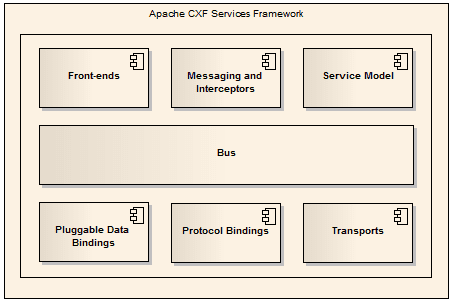
Apache CXF, a popular open-source web services framework, is urging users to update immediately. A Server-Side Request Forgery (SSRF) vulnerability, tracked as CVE-2024-28752, has been discovered in versions before 4.0.4, 3.6.3, and 3.5.8. This flaw is rated “important“, indicating the potential for significant consequences if not addressed.

What is SSRF?
SSRF vulnerabilities arise when web services don’t properly validate user-supplied URLs. Attackers can exploit this by crafting malicious requests that force the service to make connections to internal or external systems. This can lead to:
- Sensitive Data Exposure: Attackers could probe internal networks, potentially unveiling confidential information.
- Malicious Redirects: The service could be tricked into sending users to harmful websites, facilitating phishing or malware distribution.
- Further Exploitation: In severe cases, SSRF can be a pathway for attackers to gain remote code execution on the vulnerable server.
Security researcher Tobias S. Fink has been credited with the responsible disclosure of this vulnerability.
Who’s Affected?
The CVE-2024-28752 vulnerability specifically impacts Apache CXF web services that use the Aegis DataBinding for handling incoming requests. If your web services use different data bindings, you are not at risk from this specific flaw.
What You Should Do
- Patch Immediately: Upgrade your Apache CXF installations to the fixed versions (4.0.4, 3.6.3, or 3.5.8 and above).
- Review Your Code: If you use Aegis DataBinding, carefully examine how user-supplied URLs are handled. Implement strict validation to prevent malicious inputs.
- Consider Defense-in-Depth: Implement firewalls and network segmentation to mitigate the impact of potential SSRF attacks, even if a vulnerability is exploited.